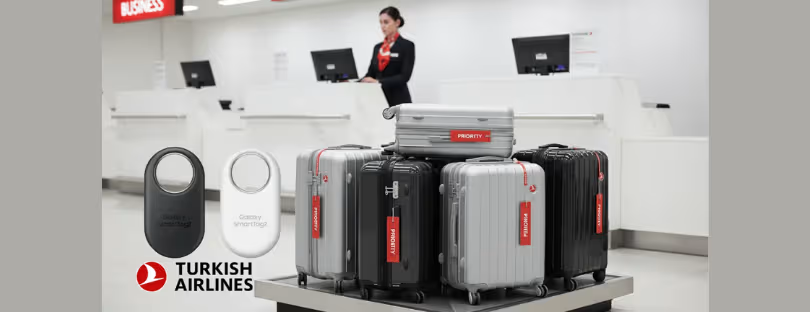
The Evolution of Online Booking Systems in Travel
In the early days of the Internet, travel booking was an arduous process that often involved lengthy phone calls and piles of paperwork. Travel agencies were the primary source for booking travel, and consumers were largely dependent on them for information on destinations, flights, and accommodations. The concept of online booking was still in its infancy and was largely a service offered by only a few major airlines. Online Booking Systems in Travel
This all began to change in the mid- to late-90s with the birth of the World Wide Web and the advent of online travel agencies (OTAs) like Expedia and Priceline. These platforms revolutionized the travel industry by offering consumers a way to research and book travel themselves, directly from the comfort of their own homes.
The Rise of OTAs Online Booking Systems in Travel
OTAs brought a level of convenience and accessibility to travel booking that had never been seen before. Users could browse flights, hotels, and car rentals from multiple providers all in one place. This democratization of travel information and booking made travel more accessible and affordable for many people, and the popularity of these platforms grew quickly.
Despite the many benefits of OTAs, they weren’t without their downsides. Their model relied on commissions from travel providers, leading to potential conflicts of interest and a lack of transparency. There was also the issue of the “commoditization” of travel, where the focus was often on the lowest price rather than the best overall experience.
The Advent of Direct Booking and Metasearch Engines
In response to some of these issues, travel providers, particularly hotels and airlines, began to push for direct booking on their own websites. This was aided by advancements in web technology and the advent of online booking engines, which made it easier for businesses to sell directly to consumers. This shift provided consumers with more choice and flexibility and helped to mitigate some of the issues associated with OTAs.
Around the same time, metasearch engines like Kayak and Skyscanner emerged. These platforms aggregate information from both OTAs and direct providers, offering users a comprehensive view of their options. These sites have become increasingly popular due to their user-friendly interfaces and ability to provide a more balanced and transparent view of the travel market.
Future Trends: Personalization and Mobile Booking
The future of online booking systems in travel appears to be headed towards increased personalization and mobile booking. With advancements in AI and machine learning, booking systems are becoming smarter and more personalized. They can offer recommendations based on previous travel history, preferences, and behavior, enhancing the user experience.
Moreover, the trend towards mobile booking continues to grow. A growing number of travelers are using their smartphones to research and book travel, and booking platforms are adapting to this trend by improving their mobile interfaces and offering app-based booking. This shift towards mobile provides an opportunity for even greater personalization and convenience for travelers.










